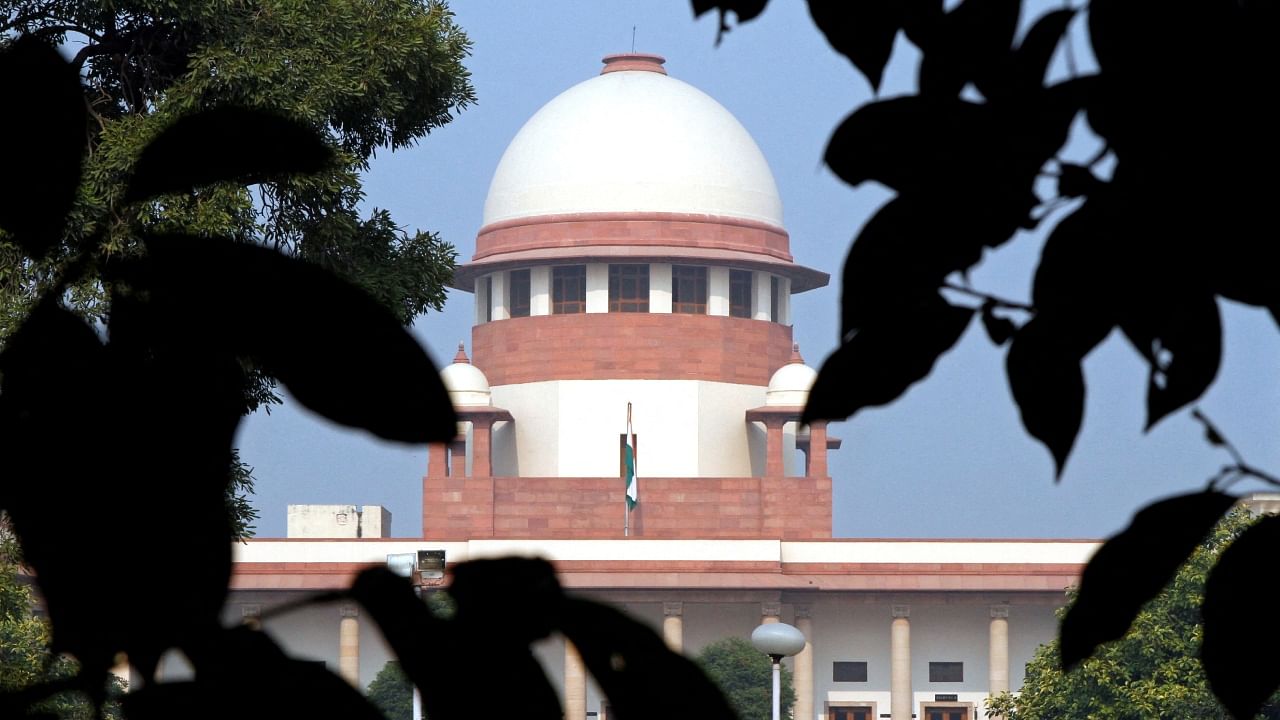
The Supreme Court on Monday celebrated the 50th anniversary of its historic 1973 judgement in the Kesavananda Bharati case on the doctrine of basic structure by releasing a webpage containing all materials in connection with the matter.
The 13-judge bench decision had by 7:6 majority laid down that Parliament can amend any part of the Constitution but cannot tinker with its basic structure, in a check on the executive and the legislative powers of the government.
On Monday morning, Chief Justice of India D Y Chandrachud announced in his courtroom that the Supreme Court administration has dedicated a special web page for paying a tribute to the landmark judgement in the Kesavananda Bharati case.
Also Read: Extraordinary attack on judiciary: Congress on Dhankhar's Kesavananda Bharati case verdict remarks
“Today is the 50th anniversary of the Kesavananda Bharati case. We have dedicated a web page with all the opinions, written submissions and everything related to the case for all the researchers, students and others to look at it,” the CJI said.
The bench, which decided the Kesavananda Bharati case comprised then CJI S M Sikri, and Justices J M Shelat, K S Hegde, A N Grover, A N Ray, B Jaganmohan Reddy, D G Palekar, H R Khanna, K K Mathew, M H Beg, S N Dwivedi, A K Mukherjea and Y V Chandrachud.
Notably, Vice President Jagdeep Dhankhar in January, this year questioned the landmark 1973 Kesavananda Bharati case verdict, saying it had set a bad precedent and if any authority questions Parliament's power to amend the Constitution, it would be difficult to say “we are a democratic nation”.
Days later, in a lecture, the CJI had said, "The basic structure of our Constitution, like a North Star, guides and gives a certain direction to the interpreters and implementers of the Constitution when the path ahead is convoluted."
"The basic structure or the philosophy of our Constitution is premised on supremacy of the Constitution, the rule of law, separation of powers, judicial review, secularism, federalism, freedom and dignity of the individual and unity and integrity of the nation,” he had added.
